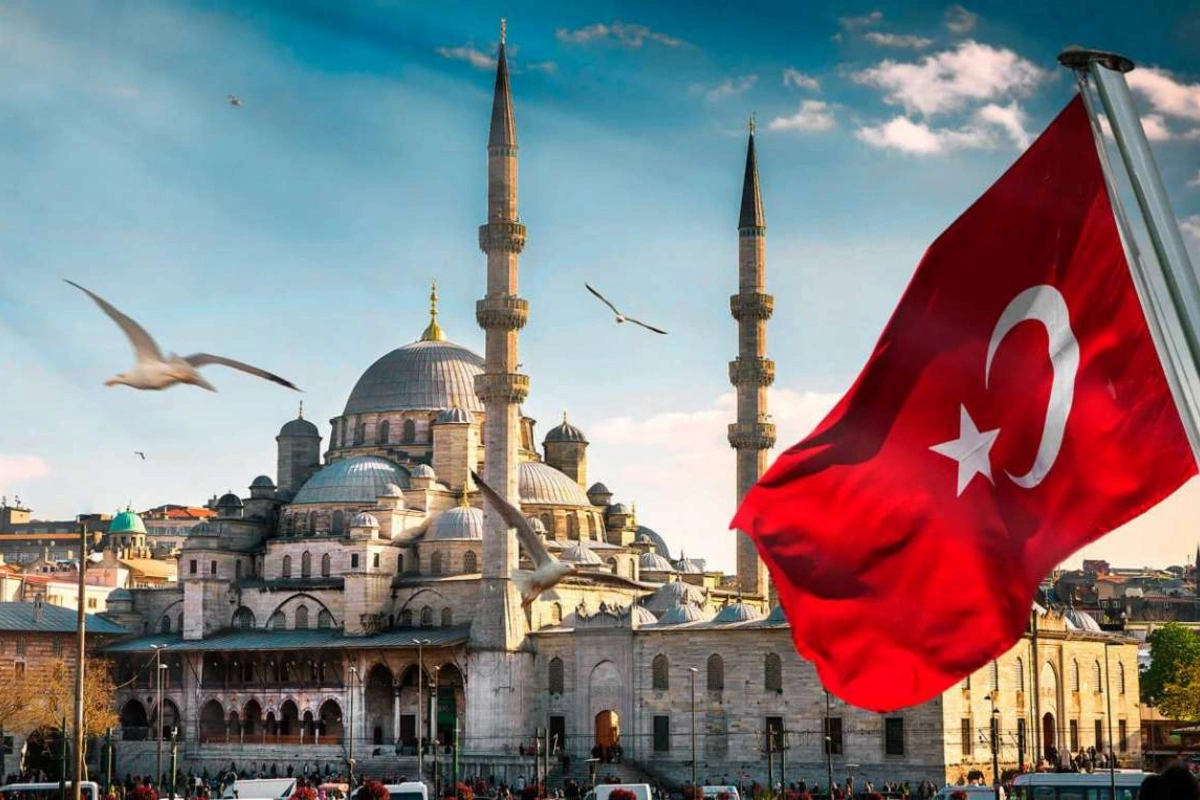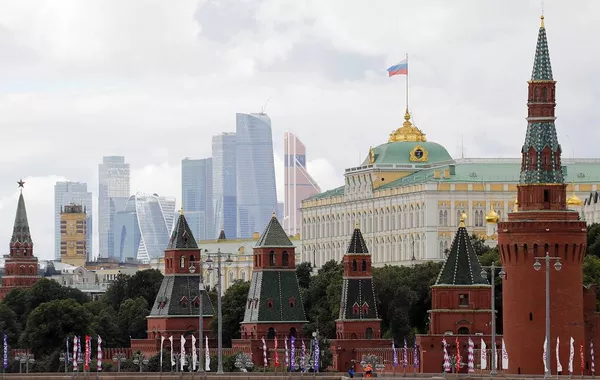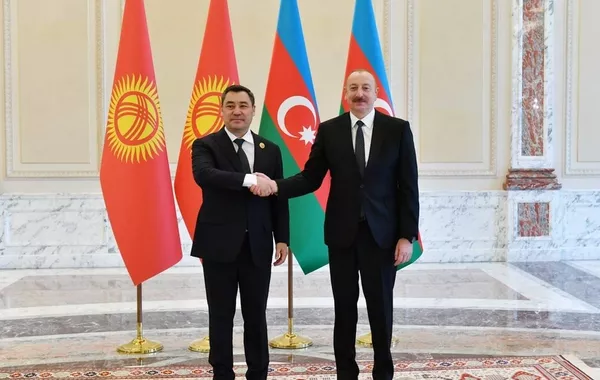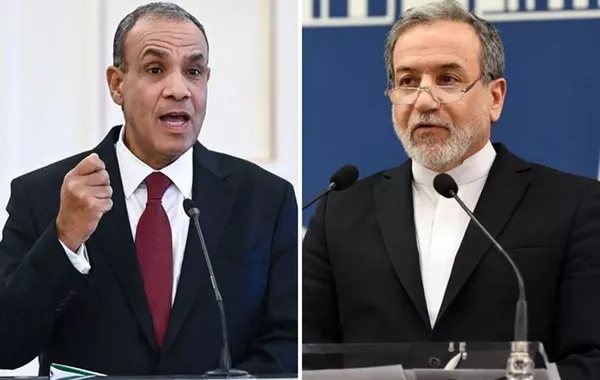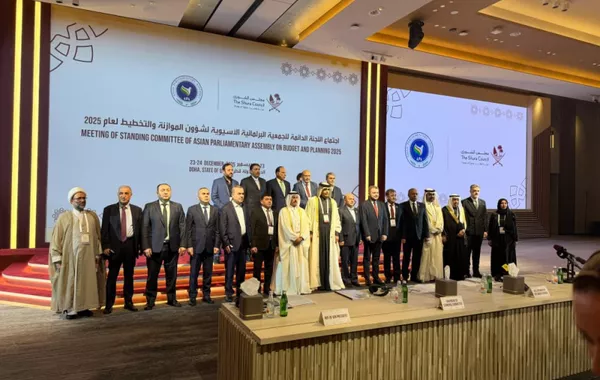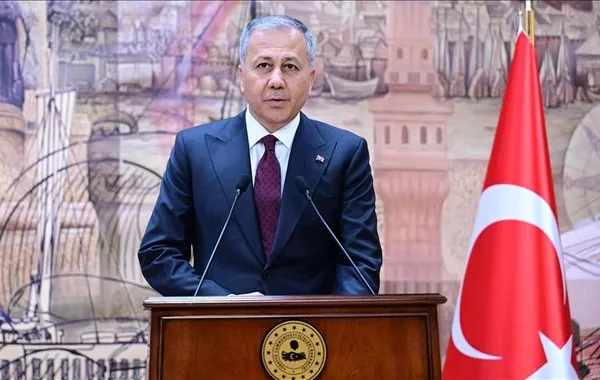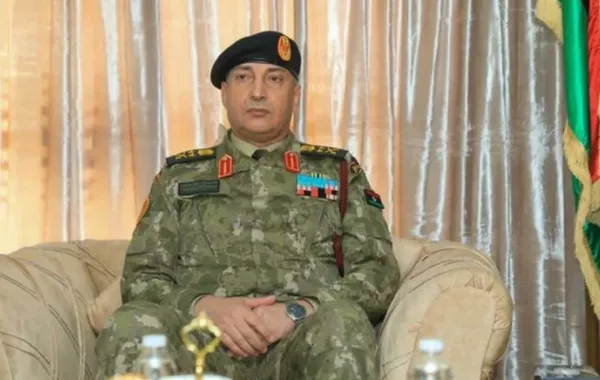Most read
Tajikistan Mourns 10-Year-Old Killed in Moscow School Incident
18 Dec, 14:11
5221
How Close Is Israel to Launching a Military Strike on Iran
19 Dec, 15:59
4615
Hundreds of Tajiks Gather to Mourn Boy Killed in Moscow
19 Dec, 18:28
2122
Saudi Arabia Moves to Take Control of LUKOIL’s $22 Billion Global Assets
21 Dec, 15:32
1756
He Chose Others Over Himself: The Last Courage of 10-Year-Old Kobiljon Aliev
21 Dec, 16:00
1721
Iran Rebuilds Military Strength After 12-Day War with Israel
20 Dec, 20:11
1296
Red Shores of Iran’s Hormuz Island Stun Global Media - VIDEO
18 Dec, 20:22
997
